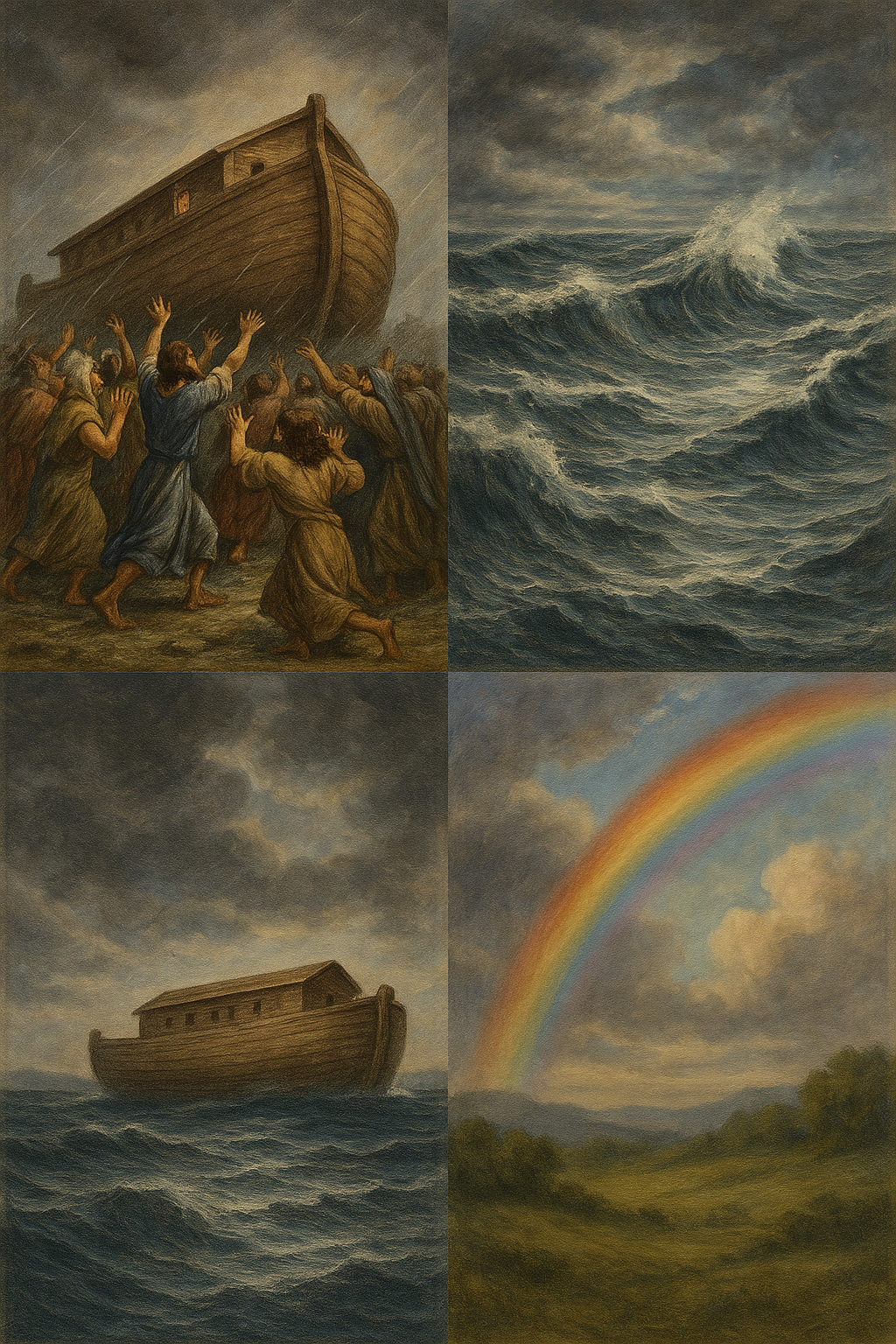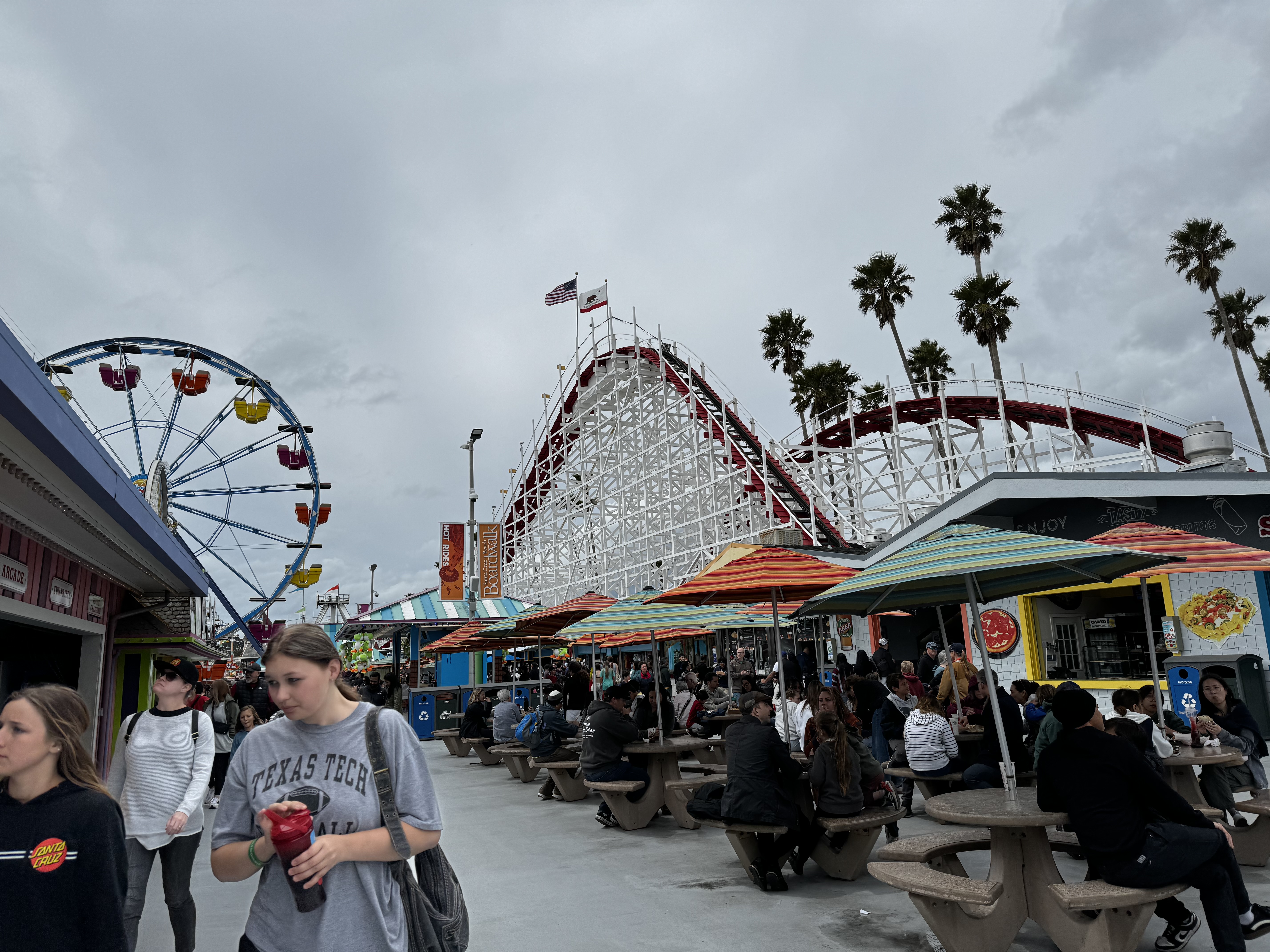I. The Loving Stalker
So here’s the thing: religion teaches that no matter how far you stray, you can always return to God. God forgives. God comforts you in times of need. God watches over you even when you fail, even when you reject Him. He waits. He hopes. He hurts when you hurt. He wants you back—not just to visit, but to stay. To love Him. To obey.
Strip away the divine framing, and what we’re left with starts to look less like the all-powerful, self-sufficient being of theology—and more like the textbook definition of co-dependency. A relationship driven by one party’s unwavering need for the other’s attention, affection, and validation. Is this devotion, or is it divine dysfunction?
II. What is Co-Dependency?
Co-dependency, in its most basic psychological form, is a relationship dynamic where one person derives their sense of purpose and identity from being needed by, pleasing, or rescuing another. It often shows up in relationships where emotional boundaries are blurred or nonexistent, where love becomes enmeshment, and where one party cannot seem to function without the other.
The co-dependent individual typically struggles with self-worth and seeks validation externally. Their emotional state rises and falls with the behavior or approval of the person they are attached to. They may sacrifice their own needs, suppress their emotions, or enable destructive behaviors—all in the name of staying connected or feeling useful. Control and caretaking become masked as love.
Key traits often include:
- Excessive need to be needed
- Fear of abandonment or rejection
- People-pleasing behavior at the expense of the self
- Inability to set or respect boundaries
- Emotional reactivity when not in control of others’ choices
- Low self-esteem masked by martyrdom or moral superiority
Co-dependency isn’t just about loving too much. It’s about becoming emotionally entangled to the point where your sense of self disappears. And if we’re honest, that’s not just happening in our romantic relationships—it’s happening in our theology.
III. Mapping the Traits – God’s Greatest Hits
If we take the psychological definition of co-dependence and hold it up to the traditional image of God—especially the God of the Abrahamic religions—the similarities start to stand out like red flags at a relationship therapy session.
God knows humanity will fail. It’s written into the script. From Adam and Eve to the Israelites in the desert to the crucifixion of Christ—disappointment is part of the divine narrative. And yet God remains. Watching. Hoping. Ready to forgive. Waiting, always, for our return.
Isn’t that the very essence of co-dependence? Staying in a relationship where disappointment is guaranteed, not just possible?
Consider the behaviors:
- Jealousy: “You shall have no other gods before me.”
- Forgiveness cycles: Sin > punishment > redemption > repeat.
- Validation-seeking: “Worship me. Love me with all your heart.”
- Emotionally reactive punishments: Plagues, floods, exile.
- Self-sacrifice for the relationship: “For God so loved the world, He gave His only Son…”
If a therapist were analyzing this relationship, they might suggest that God exhibits many of the hallmarks of a co-dependent partner: emotionally invested to the point of obsession, unable to detach, and willing to suffer anything just to stay connected.
But perhaps the most haunting parallel is this: co-dependents know they’ll be let down. They love anyway. God, all-knowing and all-seeing, walks into every betrayal with open eyes—and still chooses to stay.
IV. The Divine Blueprint – How We Learned Co-Dependence
Here’s the uncomfortable truth: we didn’t just stumble into co-dependent behavior through bad relationships or childhood trauma. We were trained in it. Taught that this is what love looks like. Not just from our parents or partners—but from our religions. From God.
From the time we’re children, we’re told about a being who watches us constantly, feels our every thought, is deeply hurt when we turn away, and desperately wants us to come back. A being whose entire emotional state—joy, anger, sorrow—is tied to our behavior. A being who created us, knowing we’d betray Him, but who still longs for our love.
We are taught:
- That love means never giving up, even when you’re constantly let down.
- That true love is self-sacrifice.
- That forgiveness should be infinite.
- That to be loved, you must obey.
- That love can be taken away if you don’t measure up.
In any other context, we’d call this manipulative. In religion, it’s sacred.
Is it any wonder so many of us end up in relationships where we confuse love with suffering? Where devotion means endurance, and forgiveness becomes a weapon we turn on ourselves?
V. Echoes of the Realization – You’re Not Alone in This Epiphany
This realization doesn’t come easily. It creeps in during quiet moments—when the prayer goes unanswered, when the punishment feels out of proportion, when the guilt outlives the sin.
But you’re not alone. Philosophers, mystics, and even psychologists have brushed against this idea for centuries. Nietzsche saw religion as guilt-based dependency. Carl Jung saw God as a being with shadow and complexity. Gnostic texts suggest the divine creator is flawed and emotionally wounded. Even in pop culture—from American Gods to Bruce Almighty—we see divine characters portrayed not as stoic forces, but as emotionally needy, vulnerable, and desperate for attention.
The whisper under it all is the same: What if God isn’t perfect? What if God is us, scaled up and spiritualized?
And if that’s true—if God is just as scared of being alone as we are—then maybe we didn’t just reflect God. Maybe we inherited God’s wounds.
VI. Learning to Unlove What We Were Taught Was Love
So what do we do with this?
We start by naming it. We stop pretending that unconditional love and emotional enmeshment are the same thing. We stop confusing suffering with loyalty, silence with virtue, and fear with faith.
We learn to love with boundaries. We learn to say no, even to sacred things. We give ourselves permission to walk away from love that demands too much and gives too little.
And maybe, just maybe, we start to imagine a new kind of God—one who doesn’t need our obedience to be whole. One who loves without strings, without punishment, without co-dependence. A God who doesn’t need us to stay, but delights if we choose to. A God who loves because that’s what they are—not because they can’t bear to be alone.
If we learned co-dependence from God, then healing from it might just be the most spiritual act of all.
Postscript: The George Burns God
It’s worth mentioning that not every portrayal of God has mirrored the co-dependent archetype. There’s one version—a quiet, unassuming one—that stands out as profoundly different: the God portrayed by George Burns in the Oh, God! film series.
Burns’ God wasn’t needy, wrathful, or emotionally entangled. He wasn’t watching over us with jealous eyes, nor dangling judgment like a sword. He was calm. Dry-witted. Curious. Empathetic. And—most importantly—not desperate. He didn’t demand worship. He didn’t get angry when people failed. He just cared.
This was a caretaker God, not a co-dependent one. A God who trusted us to figure things out. Who believed in us more than we believed in Him. That quiet dignity—the ability to love without needing something in return—might be the most divine trait of all.
It’s a striking difference. And maybe, if we ever find our way back to God, that’s the version worth looking for.



